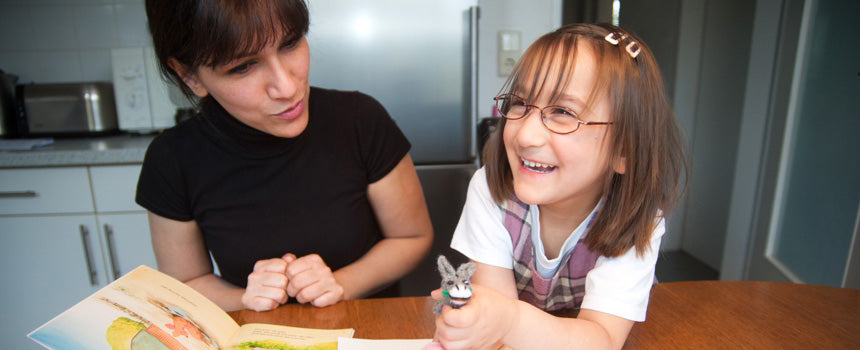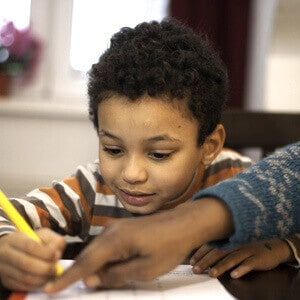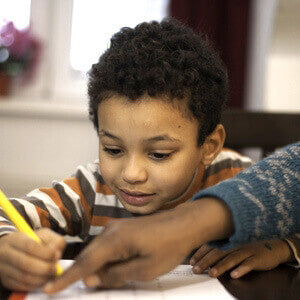Day 16
3 hours of school preparation for parents and child in Germany
 Strong together for the school
Strong together for the school


Reducing educational inequality in Germany

need
Early support for children in families in challenging life situations throughout Germany.
activity
Social and community institutions as well as charitable organizations offer the HIPPY family program and strengthen parents and preschool children before they start school.
Measurable performance
Number of hours families benefit from in the HIPPY program.
Result
Children learn important skills before starting school and are prepared for school together with their parents.
Systemically relevant impact
Better learning and future opportunities for all children regardless of social status, income and origin.
background


The good deed
AboutGermany
Berlin
Capital city
82 521 653
Population
46.136
Gross domestic product
per capita per year
5
Human Development Index
(Human Development Index)

